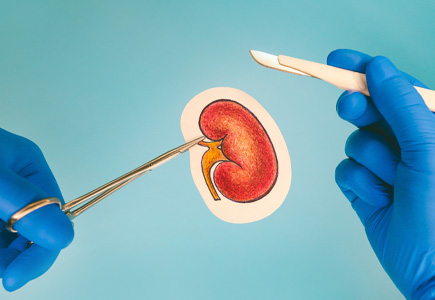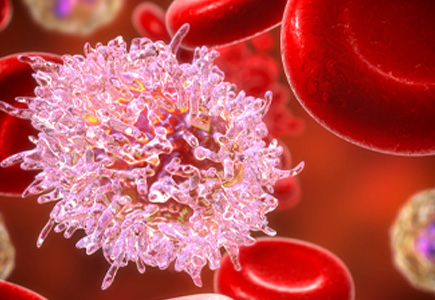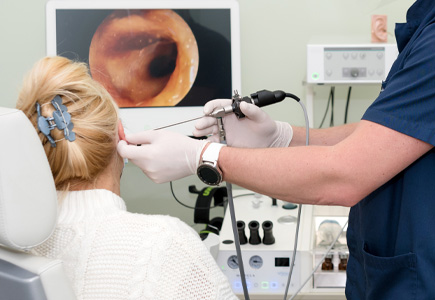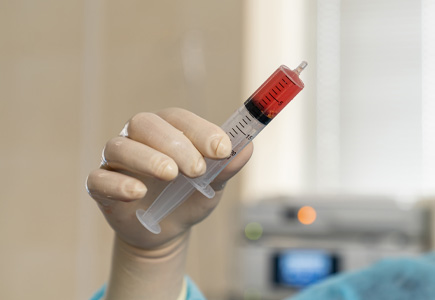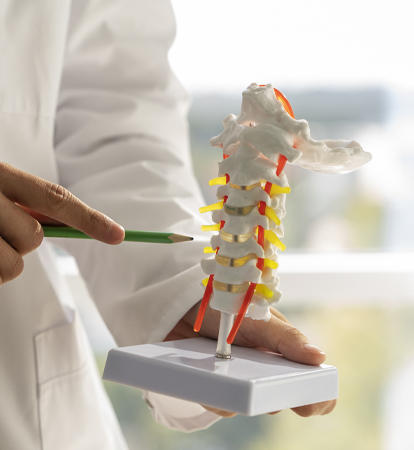Orthopedic treatment options, ranging from physical therapy to surgery, offer diverse paths to musculoskeletal well-being. Understanding the benefits, such as improved quality of life, prevention of complications, and faster recovery, empowers individuals to make informed decisions. Embracing a holistic approach, and incorporating lifestyle modifications, enhances overall orthopedic health. It's crucial to consult healthcare professionals for personalized guidance on the most suitable treatment plan tailored to individual needs.
Treatment Options
Orthopedic treatment options include a range of interventions aiming to address musculoskeletal conditions, alleviate pain, and improve function.
- Physical Therapy: Physical therapy is a foundational component of orthopedic care, focusing on non-invasive approaches to healing. Personalized exercise programs are designed to enhance mobility, strengthen muscles, and alleviate pain. The benefits extend beyond treatment, empowering individuals with knowledge for sustaining a healthy musculoskeletal system. Physical therapy plays a key role in fostering faster recovery and improving overall functionality.
- Medications: For managing pain and inflammation associated with orthopedic conditions, medications are often prescribed. Non-steroidal anti-inflammatory drugs (NSAIDs) help reduce pain and swelling, while analgesics provide relief from discomfort. Understanding the purpose, dosage, and potential side effects of these medications is essential for a well-informed approach to pain management.
- Orthopedic Braces and Supports: Orthopedic braces and supports play a crucial role in providing stability to injured joints or body parts. They aid in the healing process by restricting movement and promoting proper alignment. Utilizing these devices can significantly contribute to the recovery from conditions such as sprains, strains, or fractures. Knowing the correct usage and duration of wearing braces is essential for optimal outcomes.
- Orthopedic Surgery: In more severe cases, orthopedic surgery becomes a viable option. Surgical interventions range from minimally invasive procedures, such as arthroscopy, to joint replacement surgeries. Understanding the nature of the surgery, the expected recovery period, and potential risks is crucial for making informed decisions. Orthopedic surgery can offer significant relief and improvement in functionality when conservative treatments are insufficient.
- Regenerative Medicine: Advancements in medical science have given rise to regenerative medicine in orthopedics. Treatments like platelet-rich plasma (PRP) injections and stem cell therapy aim to stimulate the body's natural healing processes. These innovative approaches offer promising results in tissue repair and regeneration, providing an alternative or complementary option to traditional treatments.
- 6. Lifestyle Modifications: Many orthopedic conditions benefit from lifestyle modifications. Weight management, regular exercise, and ergonomic practices can contribute significantly to preventing and managing orthopedic issues. Recognizing the impact of daily habits on musculoskeletal health empowers individuals to take proactive steps toward overall well-being.
Conclusion
Navigating orthopedic treatment options requires a comprehensive understanding of the available interventions and their benefits. From physical therapy to surgical procedures and lifestyle modifications, each approach plays a vital role in restoring and maintaining musculoskeletal health. It's essential to consult with healthcare professionals to determine the most suitable treatment plan tailored to individual needs. By being informed and proactive, individuals can embark on a path towards improved orthopedic well-being, ultimately enhancing their overall quality of life.






